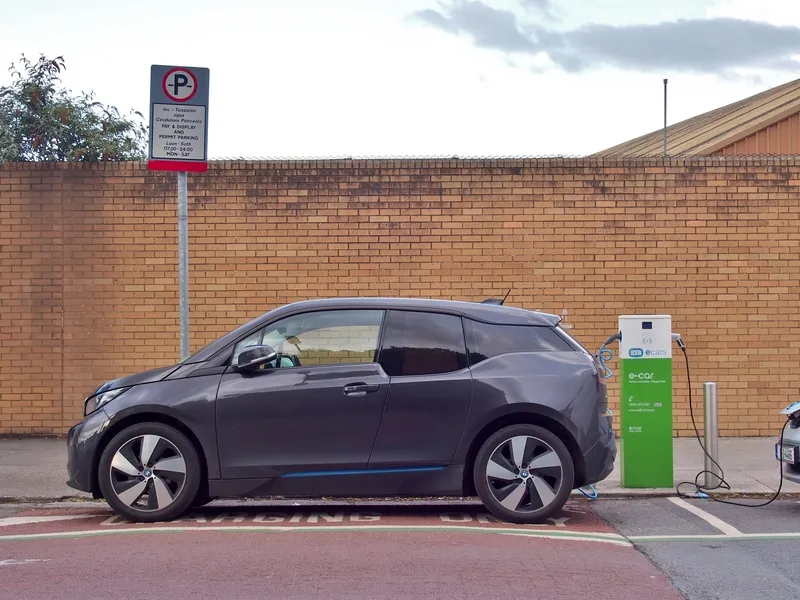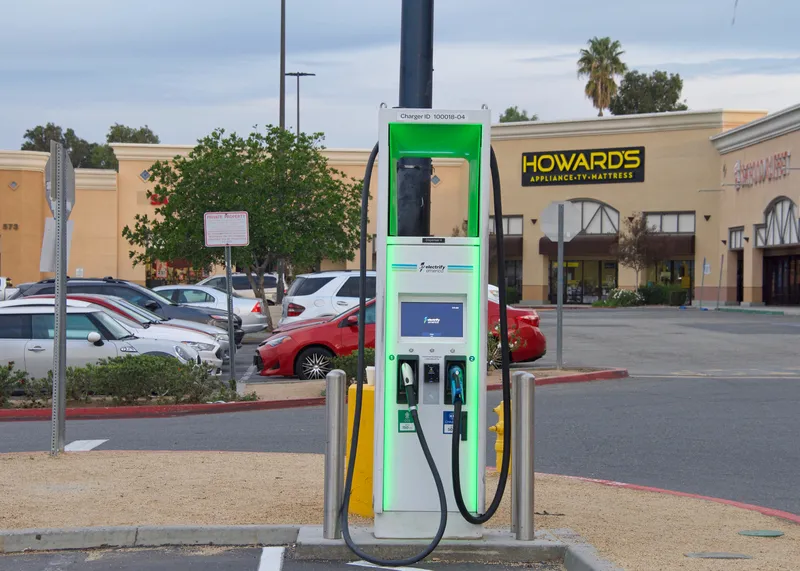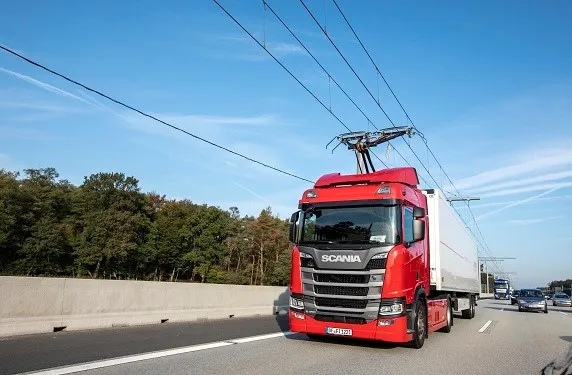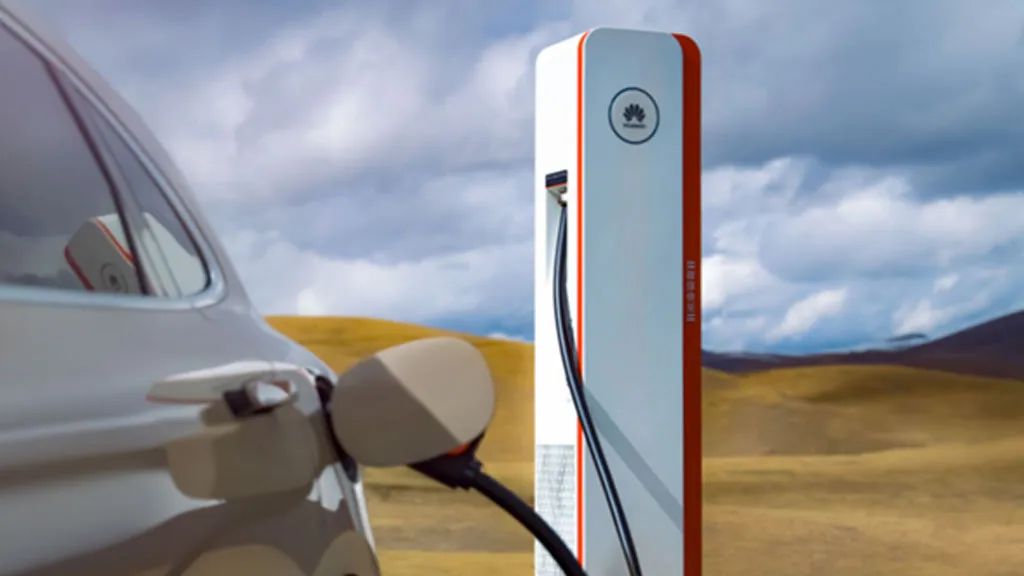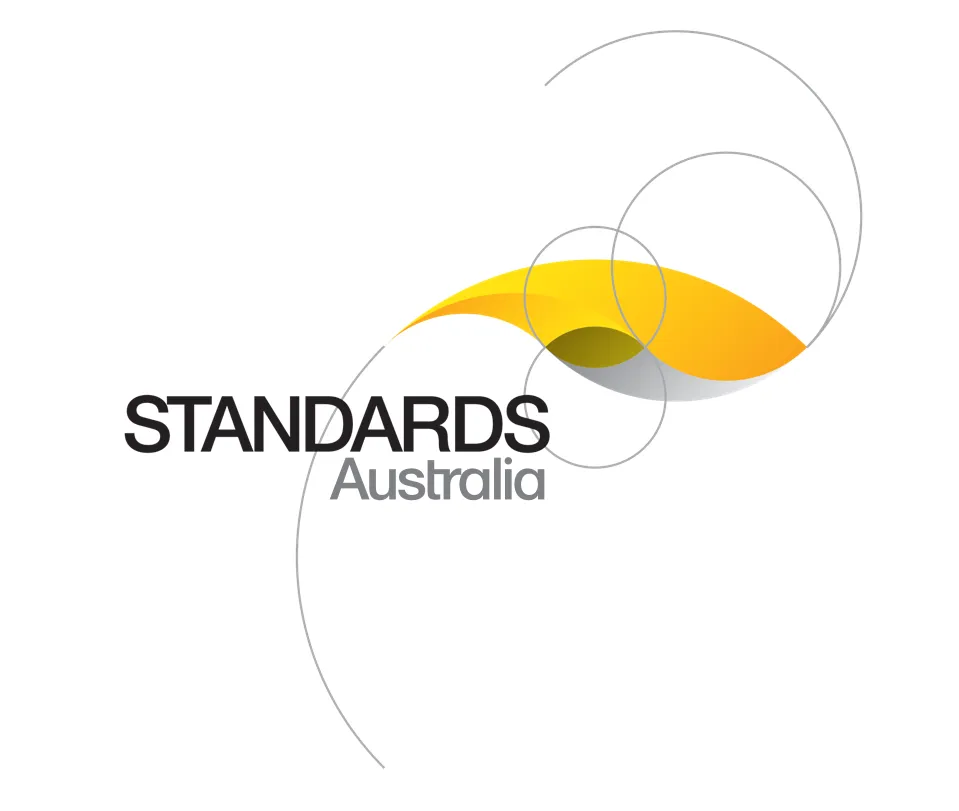
Developed over 12 months with funding from the New South Wales government and a grant from the NSW Environmental Trust, these standards represent a significant step in supporting Australia's growing EV market.
The residential technical standard comprehensively covers key topics including battery capacity and charging times, trip planning for electric vehicles, EV etiquette, vehicle accessories, and electrical safety considerations. The commercial technical standard provides detailed guidance on planning electrical network connections, analysing available electrical load for charging infrastructure, and recommending testing requirements for publicly accessible charging bays.
These standards are available free of charge from the Standards Australia Store and aim to provide comprehensive guidance for a wide range of stakeholders, including homeowners, electricians, builders, developers, architects, and fleet managers. They have been specifically developed to address Australia's specific context in electricity generation, storage, power grid infrastructure, and technical and regulatory standards.
Standards Australia's chief operating officer, Kareen Riley-Takos, highlighted the importance of the new guidelines. "The world of motoring is rapidly evolving, and the transition to electric vehicles can be confusing for consumers and small business owners," she said. "These technical specifications aim to reduce uncertainty and give people greater confidence to shift to lower-emissions vehicles."


